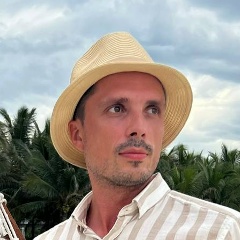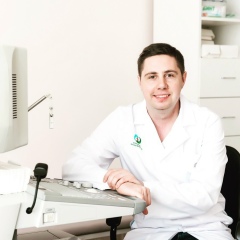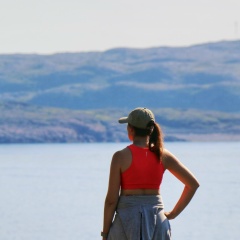ЧЕЛОВЕК В ЭКСТРЕМАЛЬНЫХ СИТУАЦИЯХ
Нам не хватает современных фильмов, в которых герои, попадая в экстремальные условия, выходят из перипетий обновлёнными, закалёнными. У которых появляется что-то новое в душе. Появляется чувство общности с другими людьми. В советском кино это есть.
"Точка возврата" 1986г. как раз такой фильм. В условиях Крайнего Севера самолёт терпит аварию. 13 человек оказываются в снегах и льдах Арктики без связи, с небольшим количеством еды и дров. Им надо только надеяться, верить, что их найдут и спасут. Сохранить человеческие качества, мужество - вот в чём задача. Среди этих людей 3 женщины и 1 ребёнок.
Фильм снят по повести Владимира Санина. Советский писатель, полярник, путешественник, автор повестей-путешествий, циклов романов об Арктике, Антарктике, о представителях героических профессий (пожарные, лётчики, моряки, полярники). И всегда в своих произведениях Санин пытается анализировать нравственные аспекты выживания человека.
Нам не хватает современных фильмов, в которых герои, попадая в экстремальные условия, выходят из перипетий обновлёнными, закалёнными. У которых появляется что-то новое в душе. Появляется чувство общности с другими людьми. В советском кино это есть.
"Точка возврата" 1986г. как раз такой фильм. В условиях Крайнего Севера самолёт терпит аварию. 13 человек оказываются в снегах и льдах Арктики без связи, с небольшим количеством еды и дров. Им надо только надеяться, верить, что их найдут и спасут. Сохранить человеческие качества, мужество - вот в чём задача. Среди этих людей 3 женщины и 1 ребёнок.
Фильм снят по повести Владимира Санина. Советский писатель, полярник, путешественник, автор повестей-путешествий, циклов романов об Арктике, Антарктике, о представителях героических профессий (пожарные, лётчики, моряки, полярники). И всегда в своих произведениях Санин пытается анализировать нравственные аспекты выживания человека.
HUMAN IN EXTREME SITUATIONS
We do not have enough modern films in which the characters, falling into extreme conditions, come out of the twists and turns of the updated, tempered. Who have something new in the soul. There is a sense of community with other people. In Soviet cinema it is.
"Point of Return" 1986. just such a movie. In the Far North, the plane suffers an accident. 13 people find themselves in the snow and ice of the Arctic without communication, with a small amount of food and firewood. They only need to hope, to believe that they will be found and rescued. To preserve human qualities, courage is the task. Among these people are 3 women and 1 child.
The film is based on the story of Vladimir Sanin. A Soviet writer, polar explorer, traveler, author of travel stories, cycles of novels about the Arctic, Antarctic, and representatives of heroic professions (firemen, pilots, sailors, polar explorers). And always in his works Sanin tries to analyze the moral aspects of human survival.
We do not have enough modern films in which the characters, falling into extreme conditions, come out of the twists and turns of the updated, tempered. Who have something new in the soul. There is a sense of community with other people. In Soviet cinema it is.
"Point of Return" 1986. just such a movie. In the Far North, the plane suffers an accident. 13 people find themselves in the snow and ice of the Arctic without communication, with a small amount of food and firewood. They only need to hope, to believe that they will be found and rescued. To preserve human qualities, courage is the task. Among these people are 3 women and 1 child.
The film is based on the story of Vladimir Sanin. A Soviet writer, polar explorer, traveler, author of travel stories, cycles of novels about the Arctic, Antarctic, and representatives of heroic professions (firemen, pilots, sailors, polar explorers). And always in his works Sanin tries to analyze the moral aspects of human survival.
У записи 1 лайков,
0 репостов.
0 репостов.
Эту запись оставил(а) на своей стене Максим Петров






















